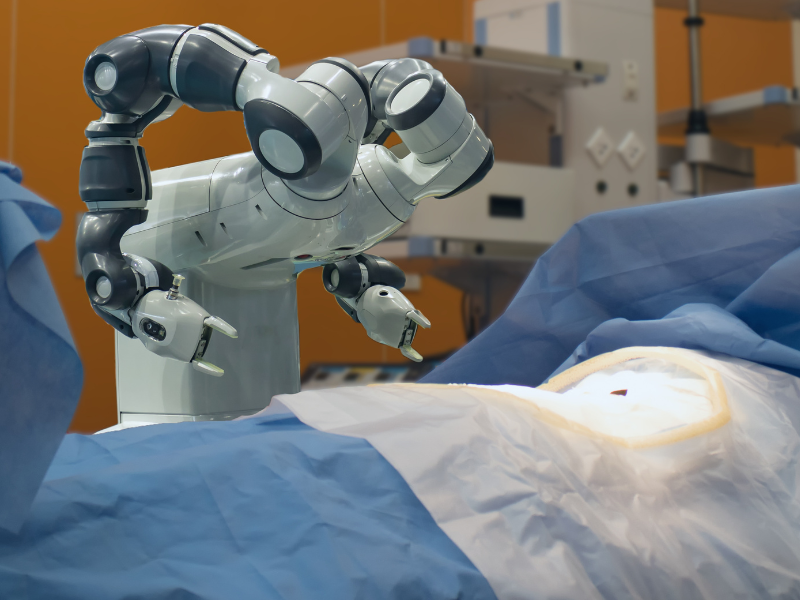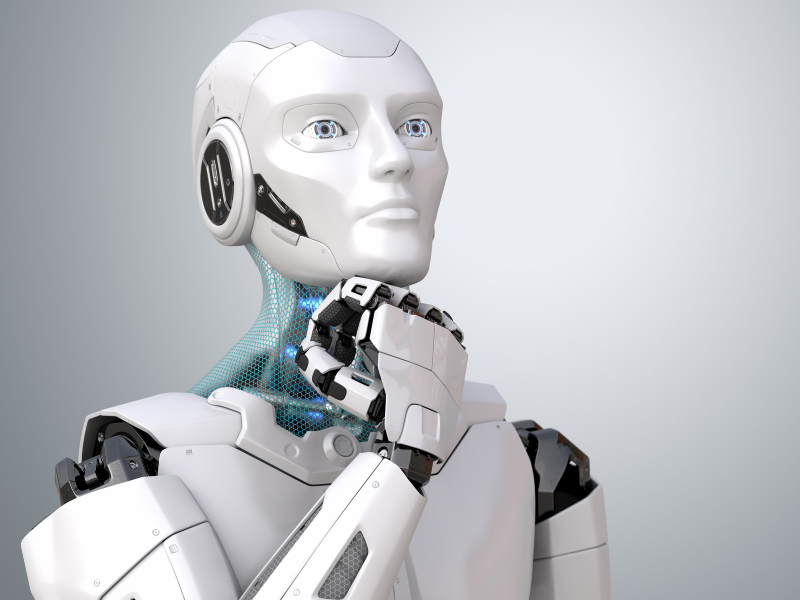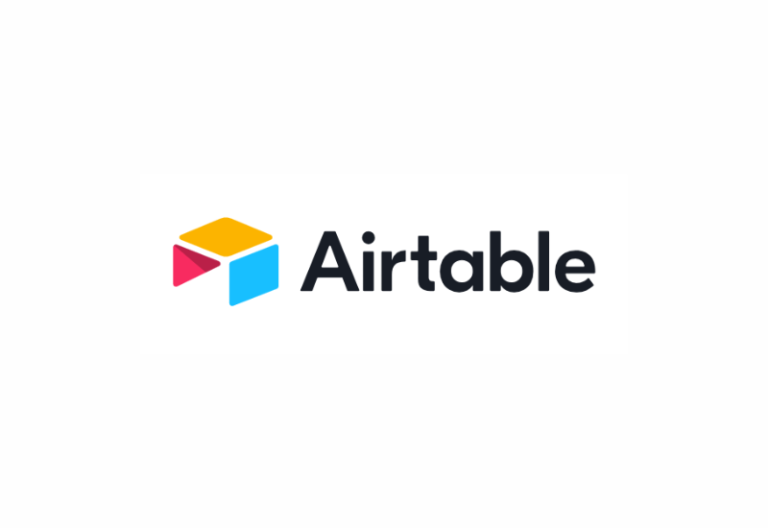AI in healthcare has shown rapid advancements, with promising results in providing more efficient and effective patient care. However, integrating AI (artificial intelligence) into healthcare brings new security and privacy risks that may escape current regulations.
Thus, addressing concerns about maintaining health care privacy while facilitating AI development remain a top priority for today’s healthcare providers and policymakers.
Table of Contents

Why Artificial Intelligence in Healthcare Is Both a Benefit and a Risk
Machine learning and data analytics advancements have led to AI’s remarkable growth in healthcare. A research paper published in Frontiers shows AI can learn from massive amounts of clinical and other health data, supporting medical diagnosis, decision-making, drug development, and other administrative processes.
More cost-effective and accurate AI technologies also have the potential to revolutionize healthcare training, treatment, and end-of-life care. A research paper published in BMC Medical Ethics also shows that AI in healthcare has a real-world impact on radiology, radiation oncology, organ allocation, and robotic surgery.
However, artificial intelligence technology necessitates access to large volumes of health data. Refining and training AI requires intensive data sets so that the technology can give comprehensive and accurate results. As a result, healthcare providers, developers, and researchers must provide AI access to sensitive patient information, which goes against the minimum requirements usually given to healthcare staff.
This reliance on AI technology raises privacy concerns, as both law and ethics mandate that anyone handling protected health information (PHI) must implement safeguards against unauthorized access, disclosure, or misuse.
Importance of securing patient data for AI development
Integrating AI in healthcare practices introduces inherent privacy and security risks. As The Regulatory Review points out, AI’s ability to find patterns in seemingly disconnected data may unintentionally reveal sensitive information. For instance, AI analyzing someone’s shopping habits may infer that person’s pregnancy. Moreover, using AI in healthcare necessitates increased medical privacy, which can make health data sets more expensive and challenging to create. This situation poses a hurdle for AI development.
Using sensitive health data, such as personally identifiable information (PII) and diagnosis, also creates opportunities for cybercriminals, unintentional data breaches, and other unauthorized access. AI can also be used to re-identify data that has been de-identified or anonymized, further complicating these risks.
Privacy challenges and AI development also raise the question of AI bias. The Harvard Business Review says that creators of AI use training data for its development, which may include human biases or historical and social inequalities. AI trained on biased or incomplete data can lead to discriminatory results, exacerbating health disparities. Given all these challenges, protecting healthcare privacy is crucial to maintaining trust and credibility.
AI in healthcare requires updated laws and regulations
Using artificial intelligence in healthcare needs comprehensive legal and regulatory frameworks. While existing regulations like the Health Insurance Portability and Accountability Act (HIPAA) provide some level of protection, they were not designed to address the new risks that AI poses. For instance, how does one balance the need for artificial intelligence for intensive data while maintaining patient privacy? These data privacy and access issues must be addressed in public policies and scholarly debates to guide the design of responsible AI systems.
If concerns regarding data governance remain unresolved, investing in AI-driven technology may come to waste. The gaps and ambiguities in existing regulations will make it difficult for the healthcare industry to maximize AI’s potential. A more cohesive legal framework is necessary to confront these emerging privacy concerns and facilitate responsible and ethical AI innovation.

Striking a Balance Between Health Care Privacy and AI Development
Seeking a middle path between healthcare privacy and AI development requires a comprehensive approach:
- Collaborations and honest discussions should exist among stakeholders, policymakers, healthcare organizations, AI developers, and privacy experts. This ensures the creation of ethical guidelines and standards for responsible AI use in healthcare while encouraging development.
- Existing regulations should be updated or modified to reflect the privacy and security concerns AI brings to the healthcare industry. Doing so requires transparent and accountable policymakers guided by existing scholarly conversations and expert knowledge of AI.
- Healthcare organizations should use technologies that enhance privacy and security, such as data anonymization and encryption while supporting AI research and development.
As AI reshapes the healthcare industry, safeguarding data and patient privacy remains a vital concern. The delicate balance between artificial intelligence in healthcare privacy and evolutionary development necessitates collaborative efforts, comprehensive legal frameworks, and effective governance. By prioritizing data privacy and security alongside AI innovation, healthcare providers can leverage this technology’s potential to improve patient outcomes.








